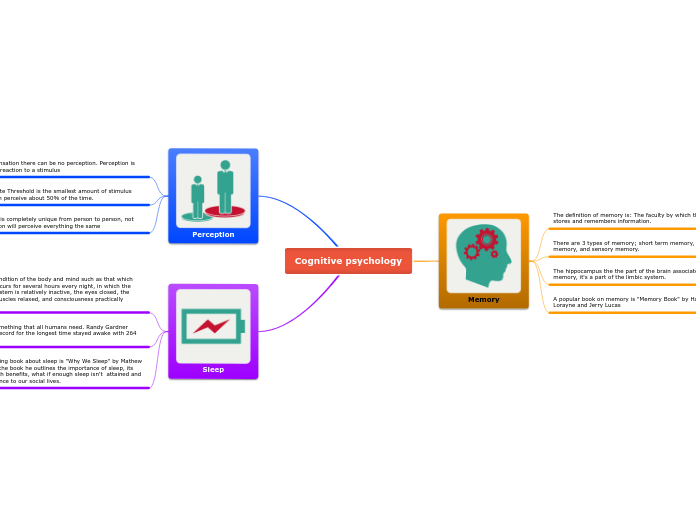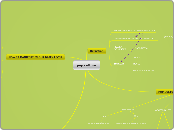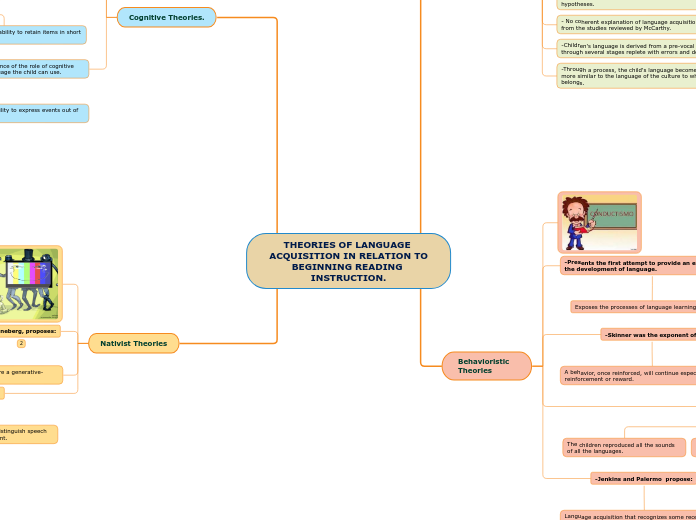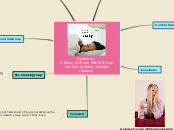by jack kohar 6 years ago
228
jackkohar@gmail.com
Cognitive psychology encompasses the study of mental functions such as memory, perception, and sleep. Memory involves the hippocampus, a key part of the brain's limbic system. It is categorized into short-term, long-term, and sensory memory.









